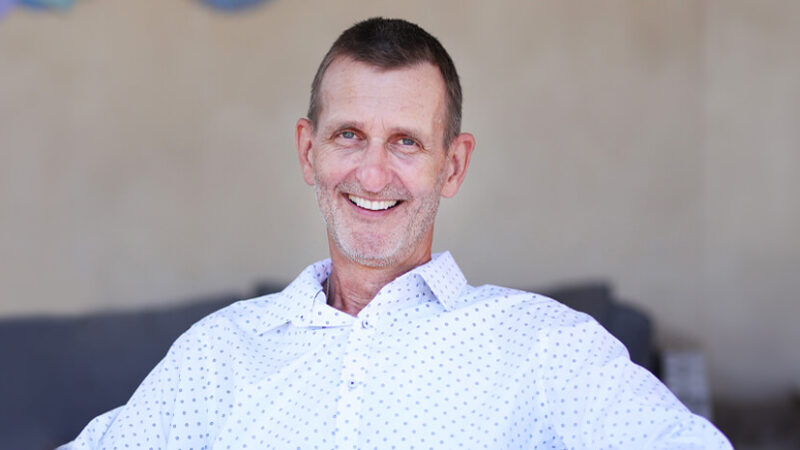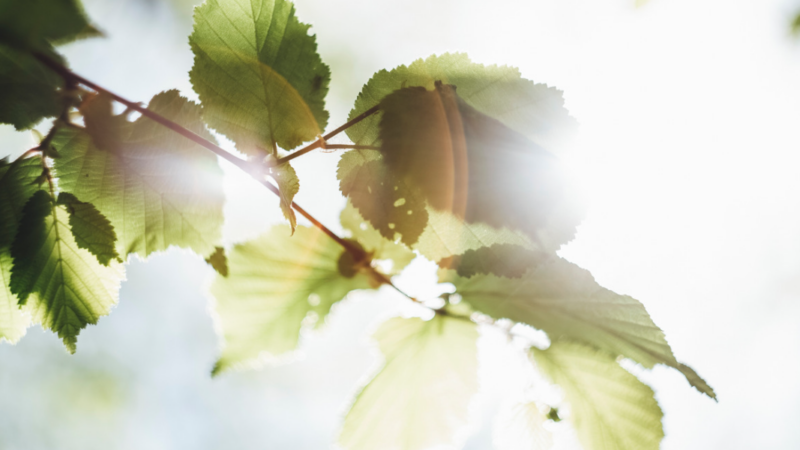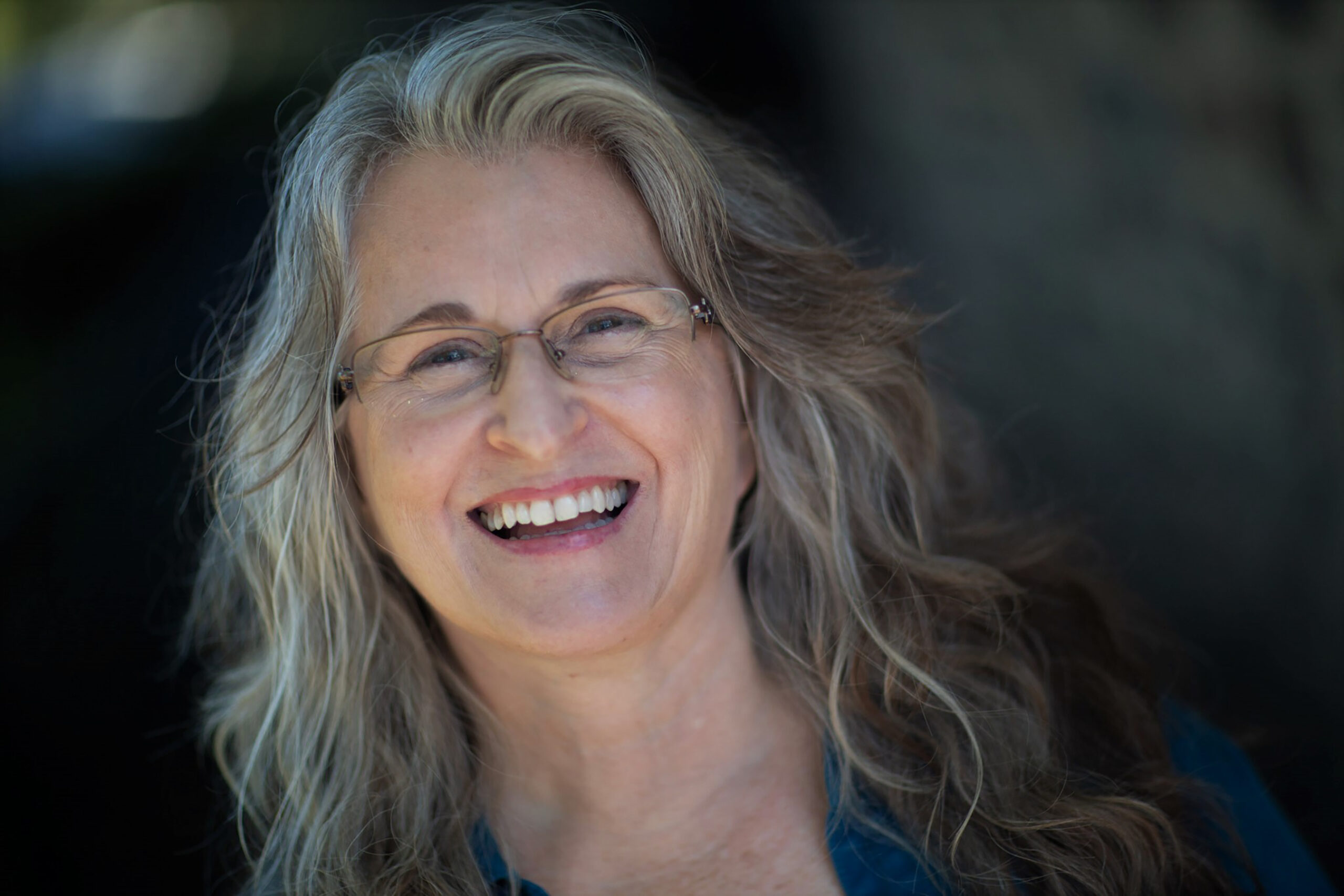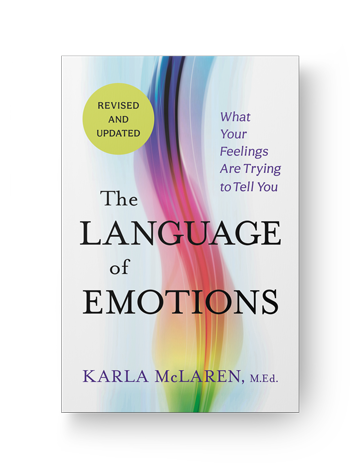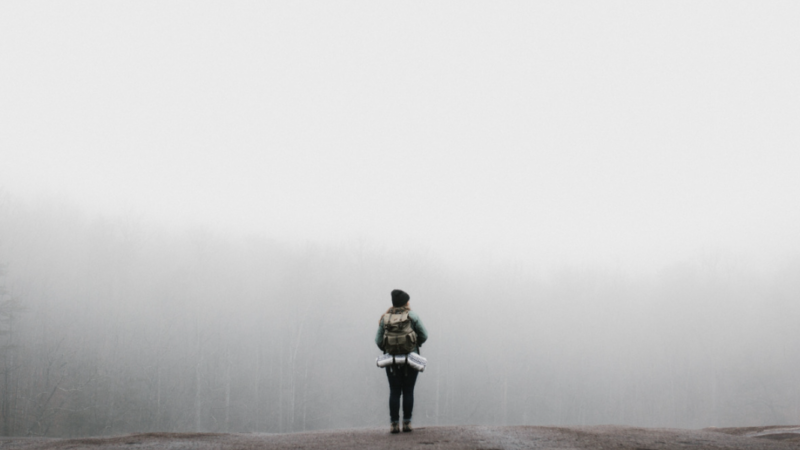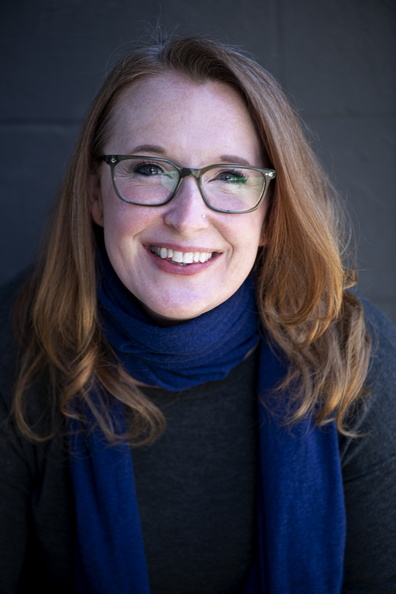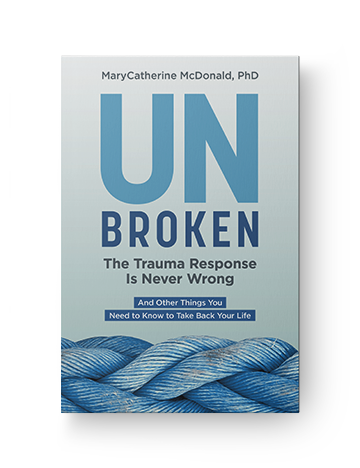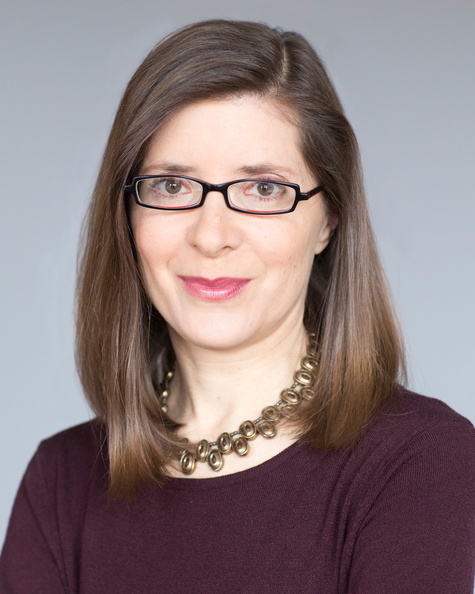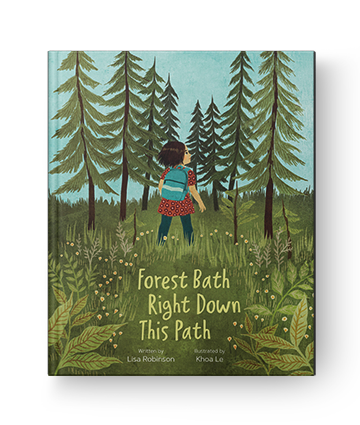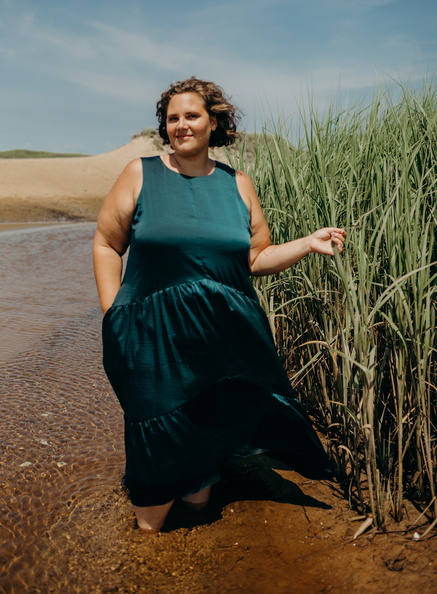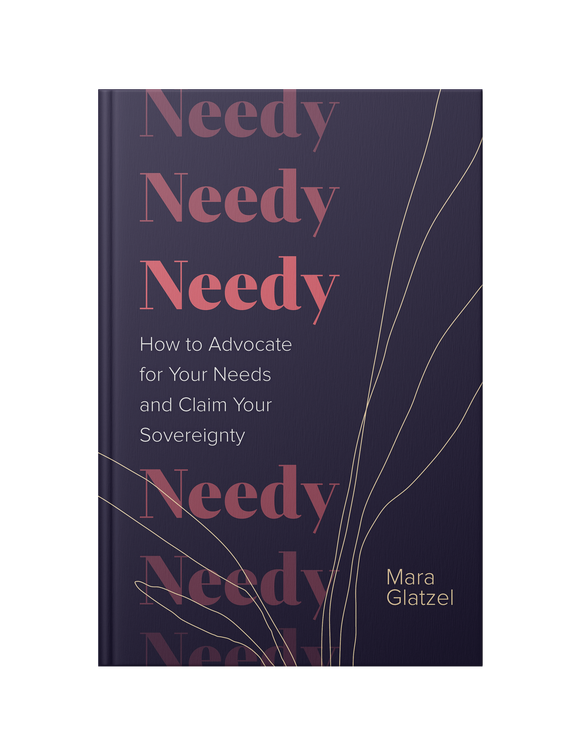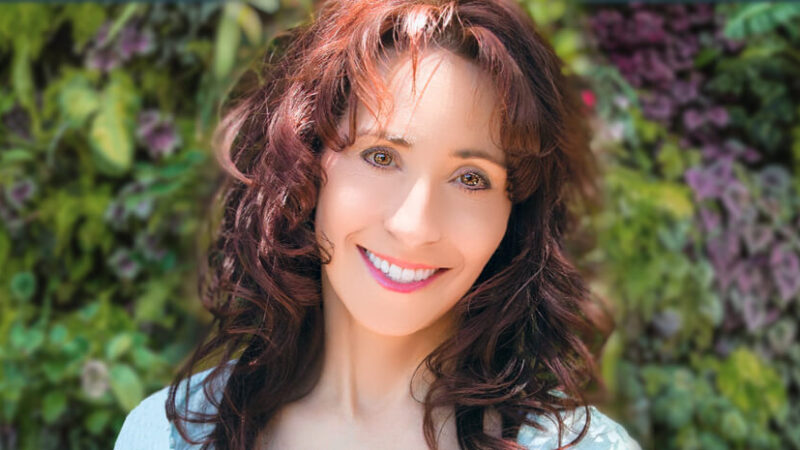Friedemann Schaub: Becoming the Empowered Leader of Yo...
The subconscious mind has a critical role in our lives—a role that it’s always busy fulfilling. But it also has a problem, explains Dr. Friedemann Schaub: “It pretty much does whatever it started to do early in our lives.” In this podcast, the visionary physician and researcher speaks with Tami Simon about how we can begin to teach our subconscious “not just to go for safety, but to go for fulfillment, purpose, and passion.”
Listen in for insights from his Sounds True publication, The Fear and Anxiety Solution, and his new book, The Empowerment Solution, as Tami and Dr. Schaub explore consciously collaborating with your subconscious; positive and negative emotions; how the subconscious deals with a sense of conditional acceptance and love; changing the filter of not being good enough; discovering the essence of being and the peace that comes with it; the power of yoga, meditation, and other spiritual practices; a guided journey to your core self; escaping oneself versus propelling oneself forward; beliefs, the laws of our life; breaking the habit of people-pleasing; the difference between empathy and compassion; growing through our pain; setting relationship boundaries; finding the marriage between head and heart; trauma healing; learning to treat ourselves like we treat those we love; helping your subconscious trust your conscious mind; self-appreciation; stopping the pattern of defining yourself by your achievements; and more.
Note: This episode originally aired on Sounds True One, where these special episodes of Insights at the Edge are available to watch live on video and with exclusive access to Q&As with our guests. Learn more at join.soundstrue.com.
